If you are about to take your exams, then you know how much preparation and practice you have to do to make sure that you do well.
Even with support from your teachers and studying with your friends, it can still be hard to get it all together, especially with test day looming over your head.
Not every study technique is going to work for everyone, and you may believe that self-testing with practice exams whilst learning the test format back to front is the only way you can take in information.
However, there may be some other techniques that you haven’t thought of before.
So today, we are going to go into some study tips on how you can study effectively for your exams whilst making some good notes that will help build on your own knowledge, so when you enter that exam room, you will ace that exam paper and feel good about what you have achieved.
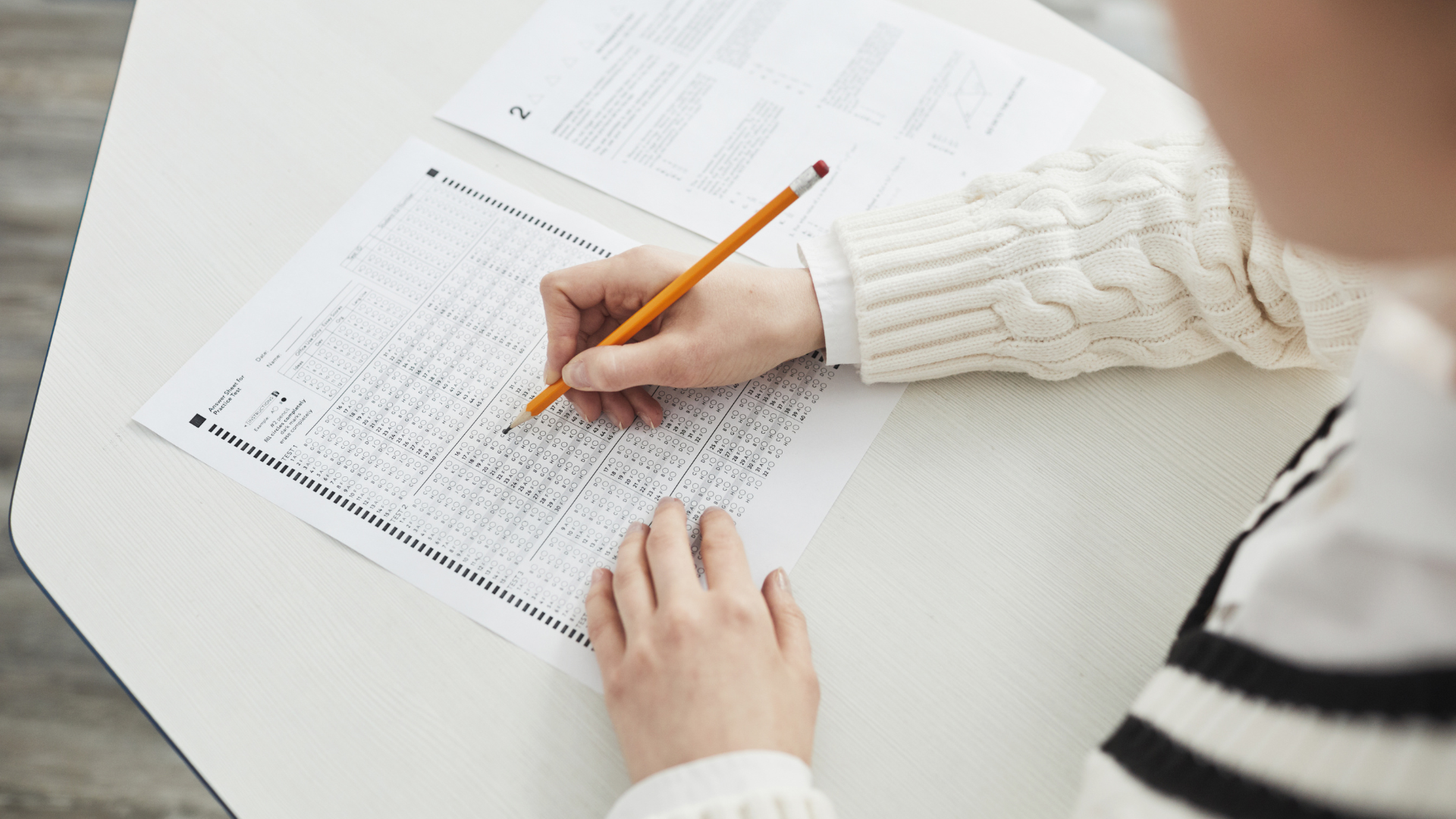
When Should You Start Studying?
With exam day approaching you have probably told yourself time and time again that you need to start early and study as soon as possible.
However, with anxiety and stress levels reaching high points, you may have been putting it off and have not made a study schedule yet or even looked at a practice exam.
Now is the time to shake yourself out of that feeling and start right now, as in, when you have finished reading this article you open up your books, go on your laptop, and just get yourself in that zone. There are many Test anxiety strategies for students struggling to manage with taking care of themselves and studying for exams.
By creating a study routine as well as creating a study space either in your home or with your friends so you can compare notes, you are setting yourself up for a positive exam experience.
Study sessions will help you reach your goals, so when it is time to take your final exams, you know that you did everything you could to make it happen.
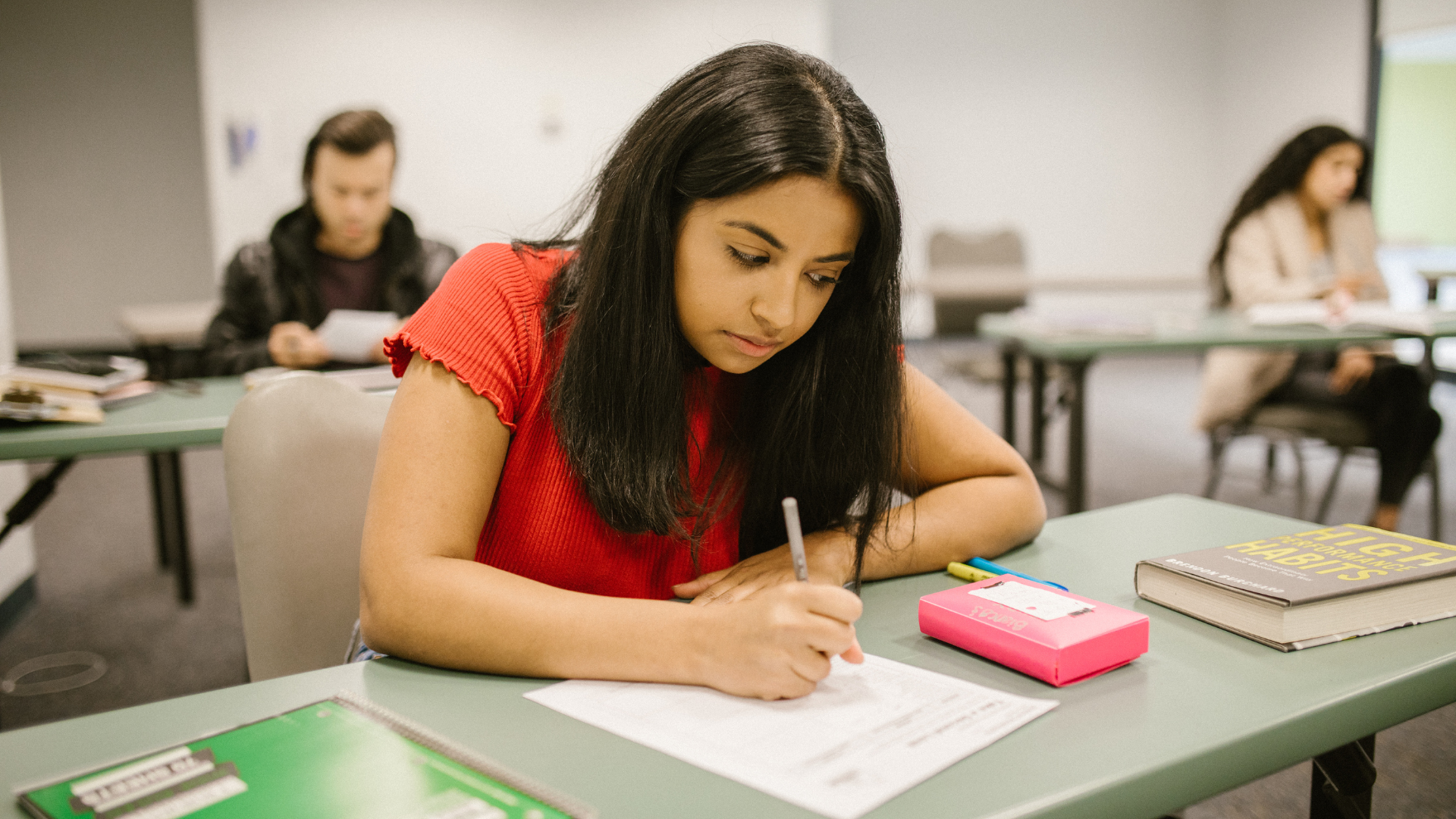
Start In Class
When it is class time and your teacher is going through what you need to learn, make your class notes and re-read them as much as possible.
Get out your highlighters and fancy pens to help make it colourful as well as easier for you to break down what you need to learn.
Underline key words and practice them over and over. When you are in your study group, pass your notes around and see who has what, then build on your own study materials through your friends.
Help each other out when it comes to making notes. You are all in this together.

What Can You Do When Studying For Exams
Now that you know when you should start, here are some tips on how you can make the most of your study sessions and hone your learning style, so you can make the most of your time studying for when exam time is upon you.
Study With Your Classmates
It has been said before, and now we are going to say it again, get into study groups with your friends and start studying.
You are in the same class as them and you are more than likely going to be taking the same exams, depending on what level they are at, this is why studying with them seems to be a no-brainer.
Study Practice/Previous Tests
You get to help each other out and you can do practice tests together, maybe under exam conditions so that you all can prepare yourselves for what it will be like.
To make it real, bring only the things you will have in your exam so you aren’t distracted by phones.
Helping each other out at this time is important.
Plus, you can make it fun by bringing some healthy snacks and drinks to have when you take a break, and maybe reward yourselves when you have finished a session.
Just do what you can to make these study sessions good ones that will help you in that exam hall.
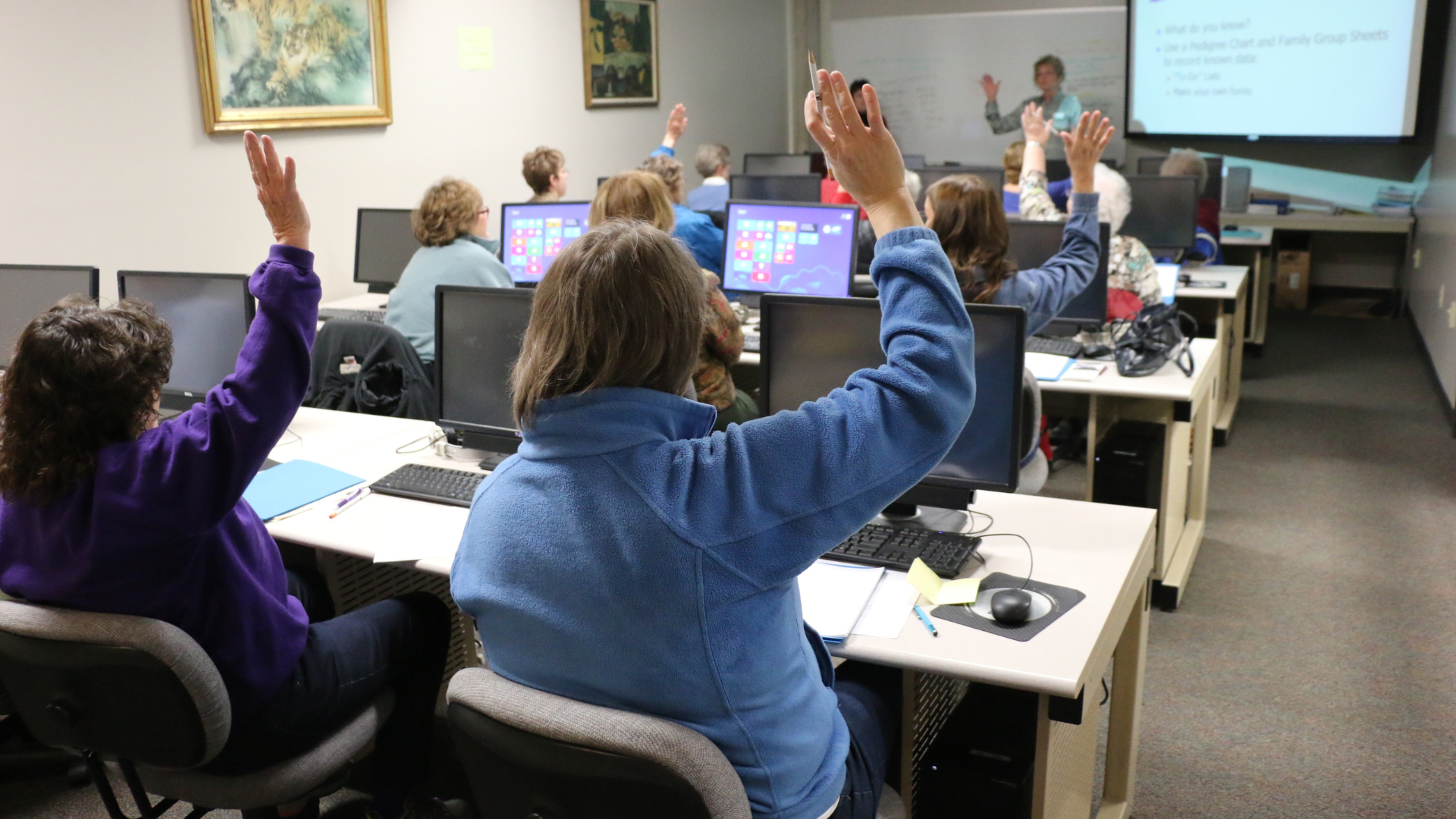
Make Appointments With Your Teachers
If you are struggling with some of the curricula, and you are not sure what to do, go and speak with your teachers and outline to them what you are worried about and what you need more information on to help you with your studying.
Write out what questions you want to be answered and see when their office hours are.
If you do need constant support, see if you can set up a standing appointment with them to go over what was taught in class that week.
Teacher-student relationships are important, so make sure that you have a dialogue with your teacher. They can’t help you out if you don’t talk to them.
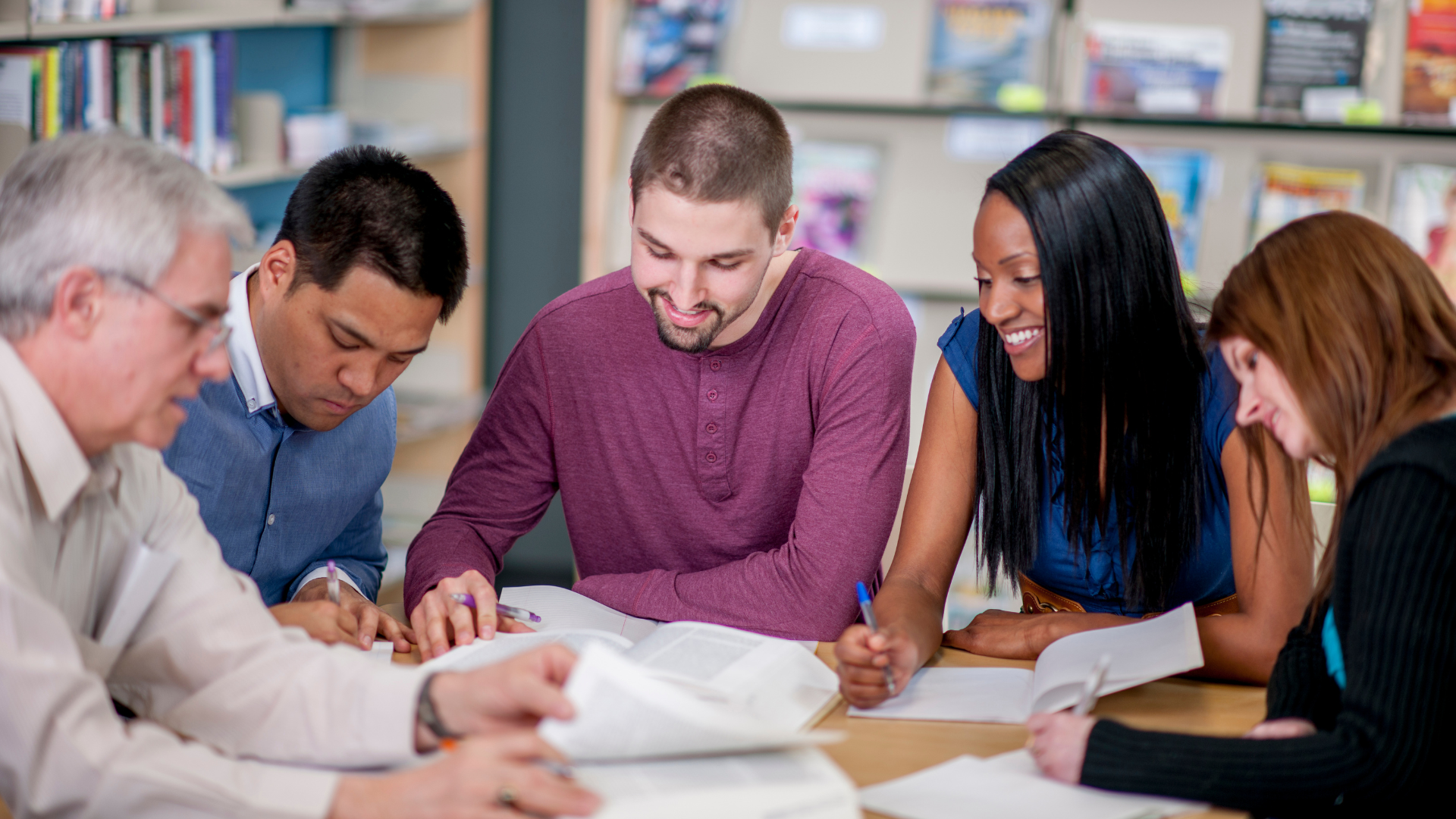
Switch Up What You Are Learning
Focusing solely on one subject for the entire day or week is going to overload your brain.
Think about switching it up and changing topics maybe every 30 minutes to an hour or so, this will help keep your mind engaged and the information you take in fresh.
There is such a thing as too much studying.
You are cramming all this information in your brain, it is not going to just stay there for you to access whenever you need it to, just take your time and mix it up throughout the day/week.
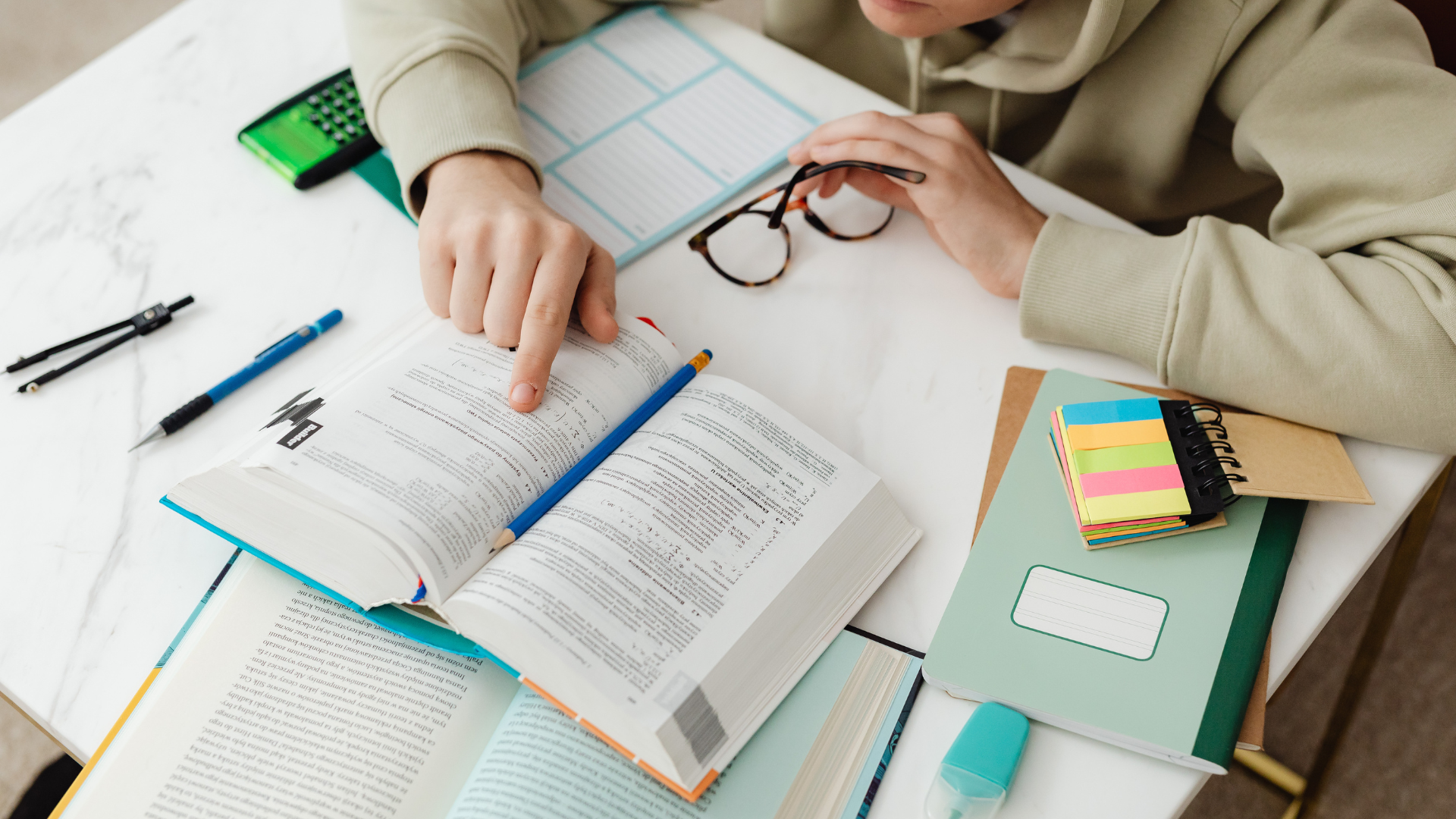
Use Flashcards
A classic way to learn and still one of the best for people. Flashcards can help you out so much when you are trying to remember specific information that you more than likely know will come up in the exam.
You can do it if you are studying by yourself, and they are easy to take with you anywhere since they are so compact.
You don’t need to lug around a big notebook with everything in it.
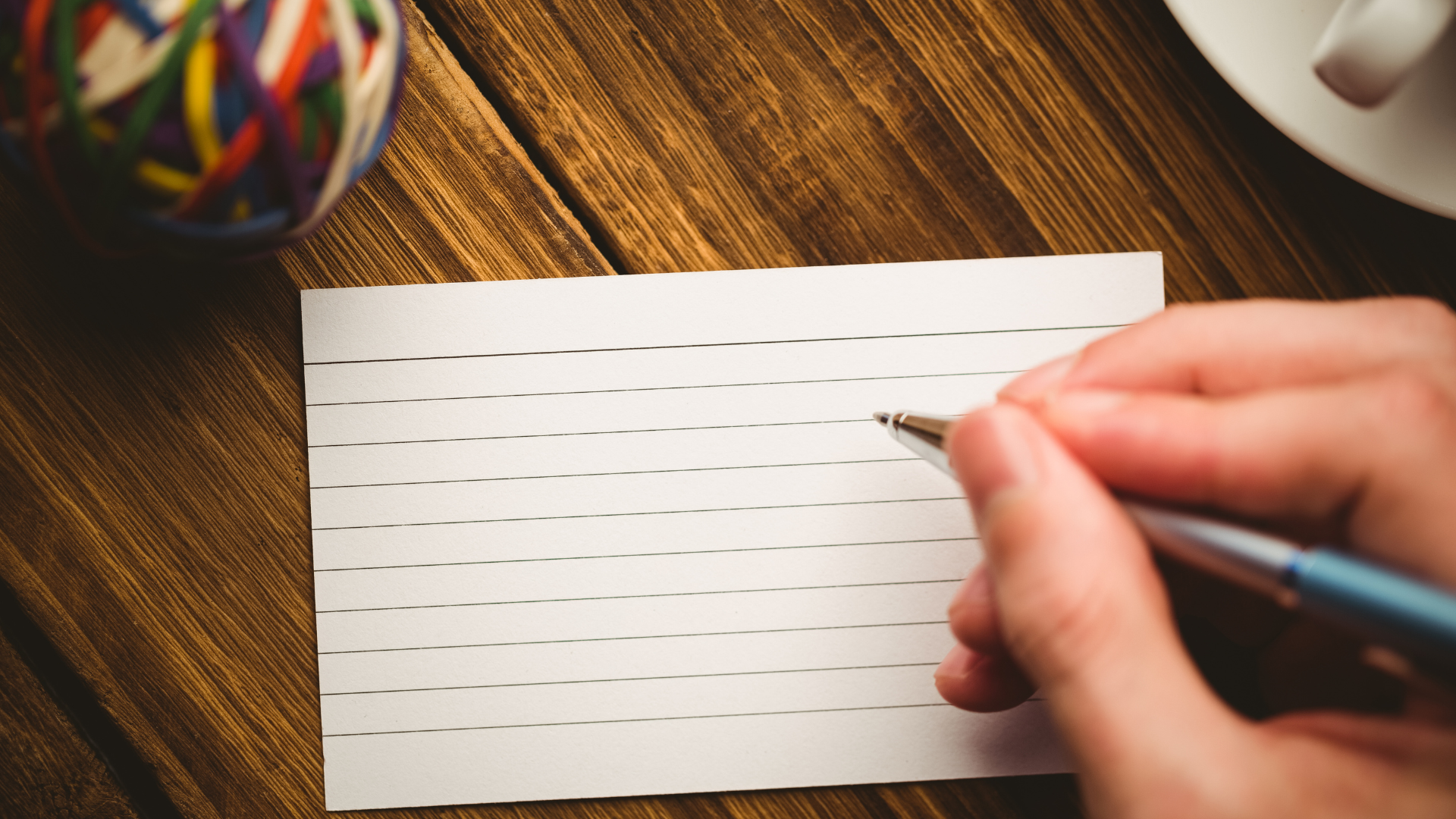
Be Organized
One thing that can slip you up when you are studying is not being organized.
If you do not set out what you want to study and when, you could find yourself in hot water when trying to figure out what you need to read and make notes of.
Get yourself a calendar and put on it what you need to study and when, also when you are meeting up with your study group, and what you will be studying that day.
Speak to your friends about it and all get organized. Being on the same page will ease you into it and stop you from feeling like you are taking on too much all at once.
Furthermore, in the case of an exam being conducted on site, an essential step would be organizing your writing materials. Pack your pencil, eraser, ball pen, an erasable pen, ruler and other supplies well ahead of exams. This will save you time and any potential last minute frets.
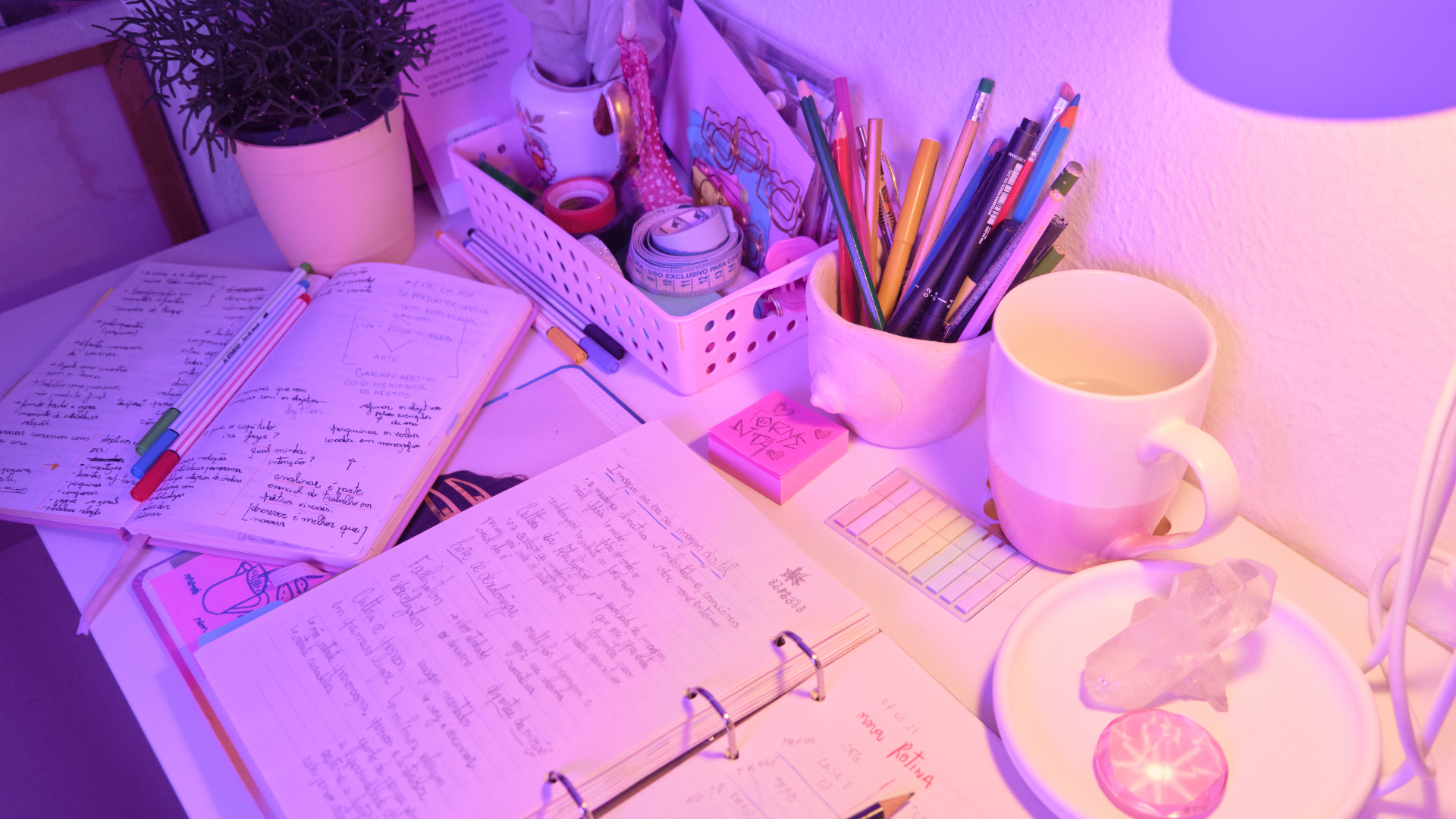
Think About Getting a Tutor
Not everyone can get a subject straight away, and if you have a subject (or subjects), that you find to be very difficult to learn when you are studying, then it may be best to get a tutor to guide you.
You can find a tutor to teach you face-to-face during lunchtime or after class, or you could have a virtual tutor who can do skype sessions with you to go over the material and help you better prepare for your exams.
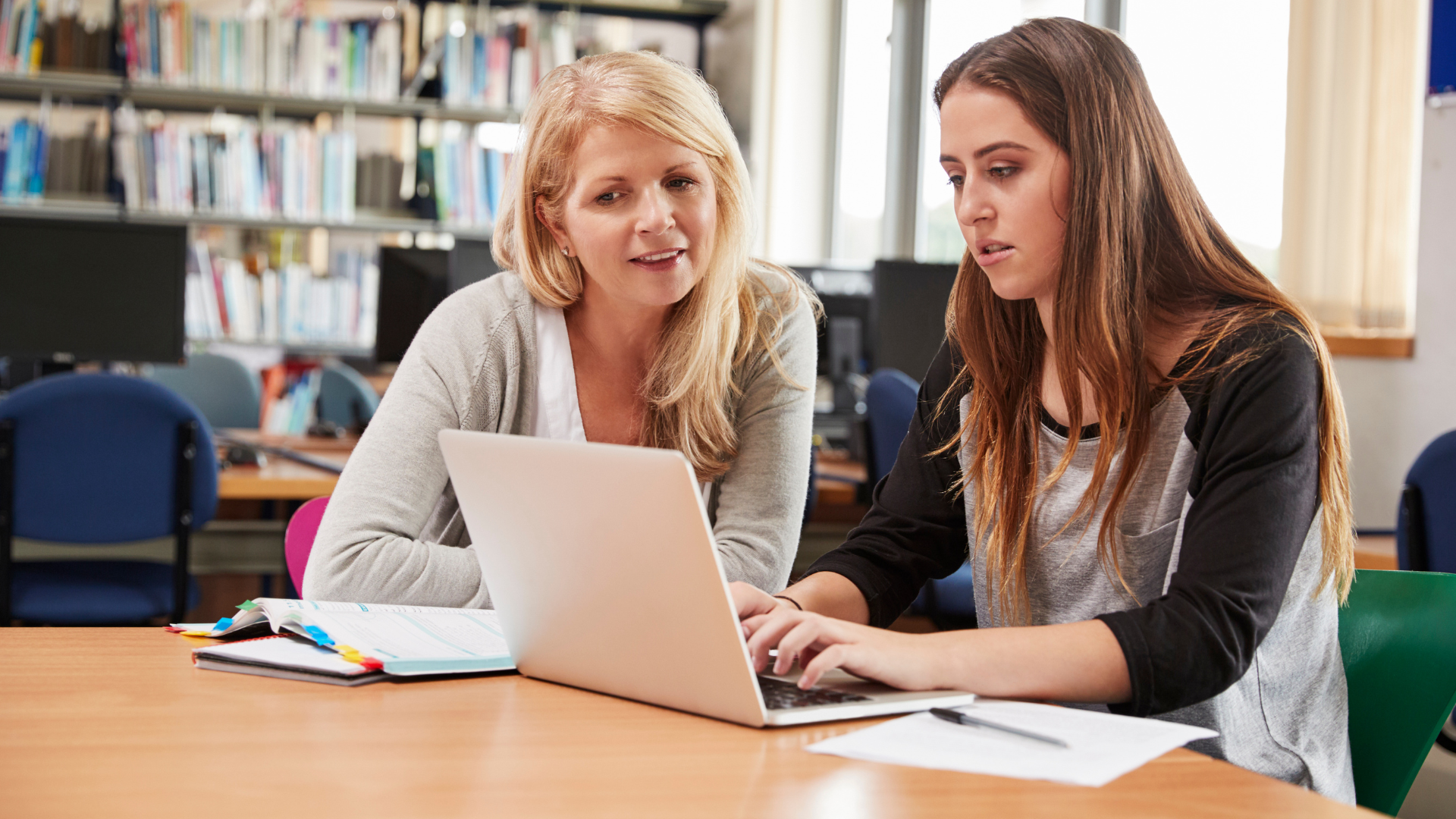
Take Regular Breaks
It’s been said before and it will always be said, taking regular breaks is a must when you are studying for your exams.
You are not a machine, you can’t keep going all day and all night, then going to class to write down more information just to come home and do it again.
It won’t work, you’ll burn yourself out and you may find that you actually haven’t remembered anything as you were too focused on just cramming it all in from sun up to sun down.
It is healthy to take breaks and remove yourself from your study space every once in a while.
Go for a walk, speak to some friends, or watch an episode of your favourite show (just don’t binge-watch).
It will help you out in the long run and stop you from going overboard.

Think About Teaching Others
It may sound weird to flip it on its head, but teaching other students can help you learn what you need to for your exams.
You will be going over it to help teach others, and in the process, you can teach yourself something too.
Go to Review Sessions
If your teacher is offering review sessions before the exam, then make use of these and go to them so you can get extra help and have any questions answered if you have not been able to make an appointment with them.
This will be very helpful for your notes, and if some review sessions clash with others, work out with your friends who goes where and then swap notes when you meet up so that everyone gets a chance to get help.

Reward Your Hard Work
Exams are stressful, even if you are as prepared as you can be, they will still bring up those feelings of anxiety and worry. It is very normal to go through these emotions, so during all of this upheaval and constant studying, remember to be kind to yourself and reward yourself for all the hard work you have done over the weeks and months.
Taking small rewards during your study period can help you stay motivated and balanced. For example, consider booking a session with a massage therapist in Fort Collins, CO (or another local area) as a treat after a long week of studying. A professional massage can help relieve stress, soothe muscle tension, and give you a much-needed mental break so you can return to your studies feeling refreshed and focused.
Before you know it, it will be over and done with and you can breathe a sigh of relief.

Conclusion
Now that you know how to study for exams, you are hopefully feeling a bit more confident about doing it, and you have a plan put in place to make the most out of your study time.
You are going through this together, so do what you can to help other people out, and remain focused on what your goals are.



